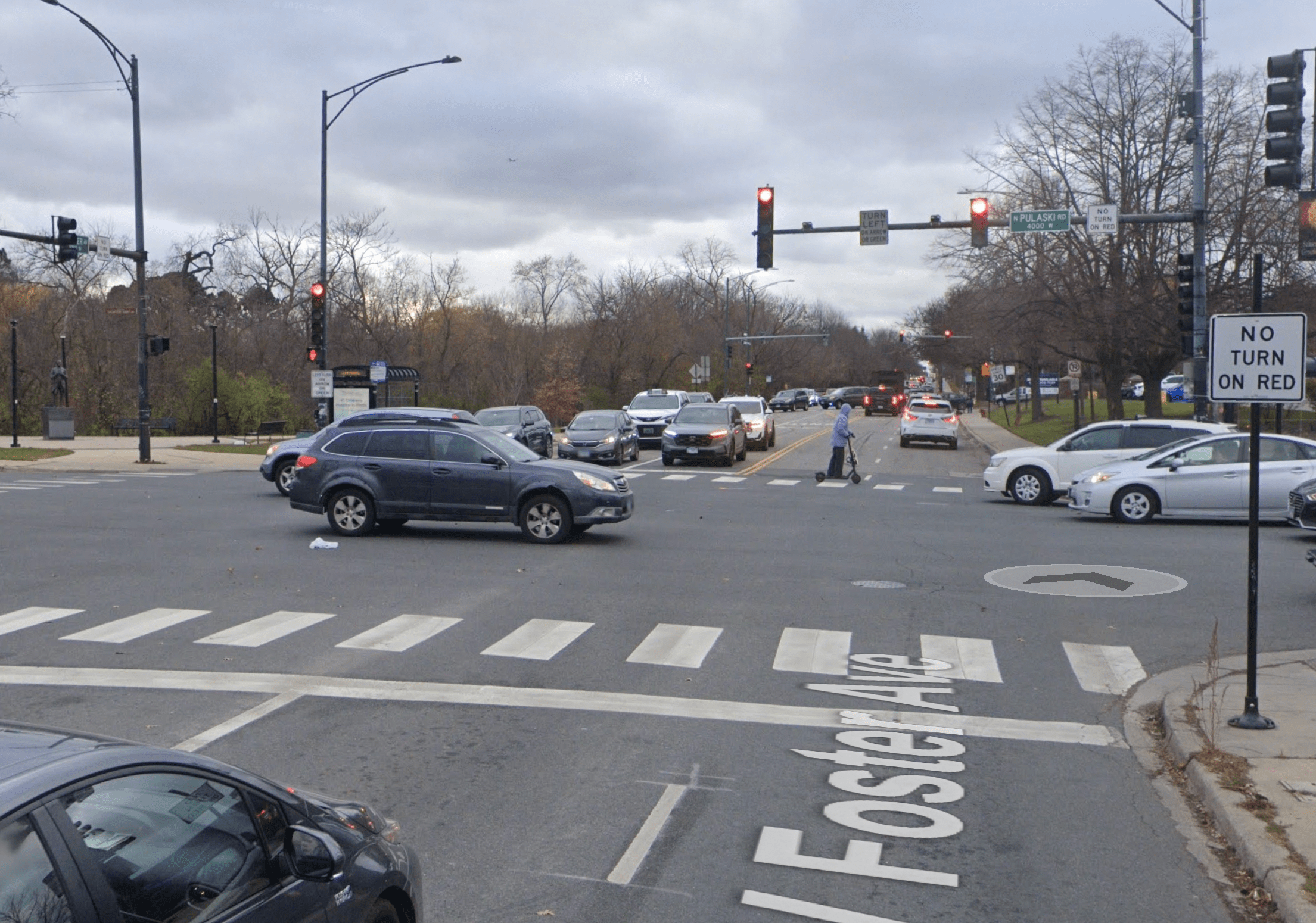
Paying twice for a single trip that requires two buses makes no sense, says Jarrett Walker. Photo: FMynameisharsha/Flickr
Los Angeles Metro recently eliminated the charge for transferring from from one transit line to another. Eliminating transfer charges is becoming more widespread among transit agencies, and at Human Transit, Jarrett Walker explains why that’s a very good thing:
The core of the Los Angeles transit network is the liberating high-frequency grid, which relies on the assumption that passengers can be asked to change buses once. Until now, the agency’s policy of charging passengers extra to change buses was in direct conflict with the foundational principle of its network design.
Once more with feeling; Charging passengers extra for the inconvenience of connections is insane. It discourages exactly the customer behavior that efficient and liberating networks depend on. It undermines the whole notion of a transit network. It also gives customers a reason to object to network redesigns that deliver both greater efficiency and greater liberty, because by imposing a connection on their trip it has also raised their fare.
For that reason, actual businesses don’t do it. When supposedly business minded bureaucrats tell us we should charge for connections, they are revealing that they have never stopped to think about the geometry of the transit product, but are just assuming it’s like soap or restaurants. Tell them to think about airlines: Airfares that require a connection are frequently cheaper than nonstops. That’s because the connection is something you endure for the sake of an efficient airline network, not an added service that you should pay extra for.
Walker says that in the past, some agencies charged for transfers in order to avoid abuse of the system, such as selling a discounted transfer to a new passenger. But current fare payment technology can eliminate that problem, he says. Transit agencies that still maintain a transfer fee might just be trying to raise extra revenue without raising base fares. But that just masks higher costs while detracting from the usefulness of the system, he says.
Elsewhere on the Network today: Reno Rambler pays tribute to Robin Williams, the cyclist. And Strong Towns explains how the prevalence of pedestrian flags illustrates the second class status of people on foot.



